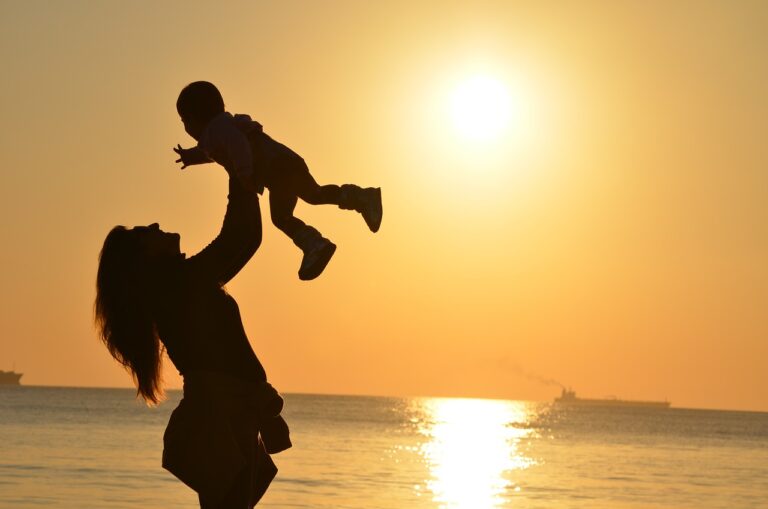About us
This is a charity which aims to help young adults (18-25 year-olds) leave their abusive home and reduce their neglect.

Our aims
We aim to reduce the suffering of adolescents due to poverty, violence and neglect.
We support adults (18-25 years old) financially allowing them to
a) leave abusive environments: provide support for students who cannot work full-time to earn money for themselves, allowing these students to break free from abusive parents. Then disadvantaged adolescents do not have to endure abuse to get free shelter;
b) be less neglected educationally and emotionally. We aim to support their educational, medical and emotional needs.
Problems
Some young people are financially/medically/educationally/emotionally neglected. Some experience various forms of violence. Most young people from abusive (e.g., narcissistic) families do not acknowledge their parents as abusers because:
- Children from abusive families often adapt to living in these types of environments, normalizing and tolerating violence.
- Children are often unaware of the psychological and physical damages that unethical parenting methods produce.
- If children secretly believe their parents are abusers, they fear separating from them, as they would be left homeless (usually neglectful narcissistic parents stop to financially support their children as soon as they reach the age (18) that allows it legally).
FACTS
According to the World Health Organization data, Lithuania is the country with the highest number (~20) of suicides per 100,000 people compared to European countries. Globally, Lithuania ranked fifteenth (data from 2019).
VIOLENCE IN LITHUANIA
- There were 2,825 calls to the children’s helpline regarding potential violence and abuse in 2021, compared to 5,342 calls in 2018**.
- The number of individuals who experienced domestic violence and received specialized assistance was 11,651 in 2021, compared to 12,758 in 2018**.
POVERTY AMONG YOUTH IN LITHUANIA
- A representative survey of Lithuanian residents showed that personal finances are the most stressful factor for 64% of people aged 18-24***.
- „They have not accumulated wealth, often do not own housing, and, for example, need to rent accommodation. In Vilnius, an average 55 square meter apartment costs more than 700 euros,” says „Swedbank” economist Greta Ilekytė****.
- In 2021, the poverty risk level for single-person households was 44.5%. This means that nearly half of individuals living alone received less than 483€ per month*****.
Our statement
We believe that every young person should have the opportunity to finish school, study for a bachelor’s and master’s degree, without living living below the poverty line.
We want students to have enough funds not only for their studies but also for essential services – such as orthodontic treatment (4000 EUR for three years) or psychological/psychotherapeutic consultations (200 EUR per month).
We believe that young people also need breaks, a chance to rest and recharge, rather than working 24/7 to earn the money needed for survival, simply because they have reached adulthood.
We know that the future of Lithuania lies in the hands of the youth. That’s why we aim for a future with less poverty and a better emotional climate, where young people can grow and pursue their goals without additional challenges.
If you want to be part of this initiative, please help Lithuania’s youth by donating to account number LT197044090109742596, CHARITY AND SUPPORT FUND “ŽYDĖJIMAS ŠEŠĖLYJE”.
Impact of our charity on society
- More empathetic and fewer apathetic people in society, based on Alice Miller’s book The Drama of the Gifted Child and the Search for the True Self.
- A significant reduction in bullying in schools, strengthening the emotional resilience and well-being of young people.
- Improved mental health among young people could potentially decrease the suicide rate (Shanta R. et al., 2001).
- A decrease in the number of abusive adults, as addressing childhood trauma can break the cycle of violence.
- Young people would gain higher education, providing opportunities to work in skilled and well-paid jobs.
- A reduction in social inequality, as young people from less affluent families would have more opportunities to pursue their goals.
- A decrease in tax evasion in the country, as a more educated and financially secure society is more likely to comply with the law.
- An improvement in the overall well-being and productivity of society, as more people would participate in the workforce and actively contribute to the country’s economy.
- Increased public trust in the social support system, encouraging more families to seek help.
